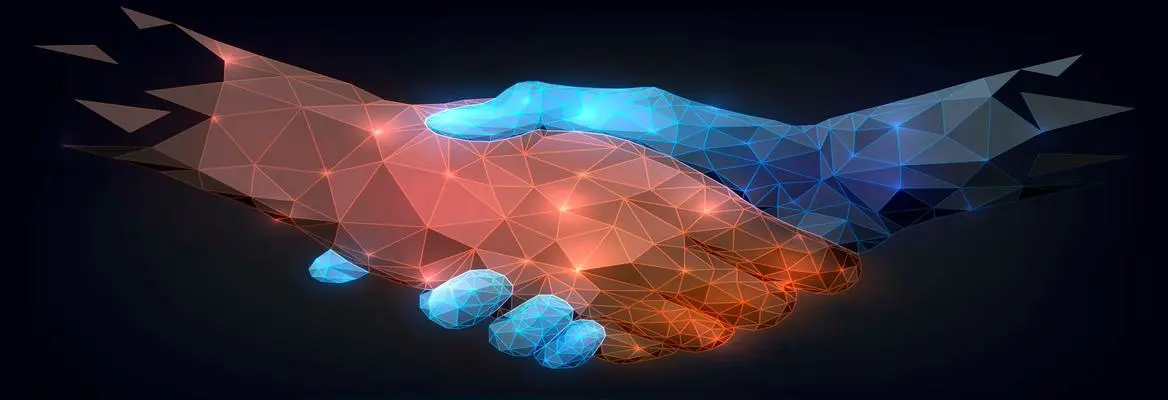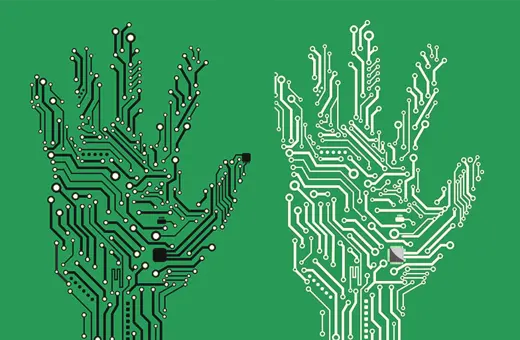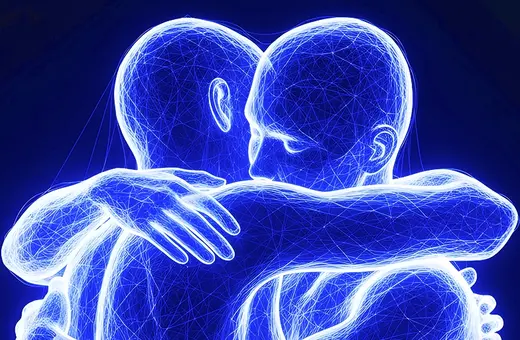Human families settled down in the early agricultural period. Networked individuals triumphed in the information era. Revolutions in technology have always revolutionised human relationships. Today, three technological shifts are setting the stage for the next major overhaul. When technology will soon meet our emotional and social needs, it's time to prepare for the changes ahead, writes Elykaim Kislev.
We already feel very comfortable asking Amazon’s Alexa to play a song we like, to answer simple questions, or to remind us about important events. The Covid-19 pandemic taught us all how fast we can move our human-to-human interactions online and how quickly we can adapt to connecting with our loved ones using technological means. How far can it go from here? No longer playing the matchmaker, technology is now making the transition to a relationship partner and becoming an independent actor, no matter its creators’ intentions.
 SUGGESTED READING
The Good Life in the 21st Century: Living Single
By Bella DePaulo
In order to understand the changes we are experiencing now, it is helpful if we first examine the evolution of relationships from early prehistoric time until today. If we understand how technology impacted human beings in the past, we might get some insight into how other developments will influence us in the future. Moreover, awareness of the various forms of relationships from the past might open our eyes to the different meanings and variations they might carry in the future. Relationships need not be tied to the common models found in recent history and might evolve as technology develops.
SUGGESTED READING
The Good Life in the 21st Century: Living Single
By Bella DePaulo
In order to understand the changes we are experiencing now, it is helpful if we first examine the evolution of relationships from early prehistoric time until today. If we understand how technology impacted human beings in the past, we might get some insight into how other developments will influence us in the future. Moreover, awareness of the various forms of relationships from the past might open our eyes to the different meanings and variations they might carry in the future. Relationships need not be tied to the common models found in recent history and might evolve as technology develops.
For this reason, in my new book, Relationships 5.0, I survey four significant periods in human history, each of which signifies a fundamental technological development. The first is Hunter-gatherer society (Society 1.0), which was based on the basic technologies of hunting, gathering, fishing, and scavenging. The second is agricultural society (Society 2.0), which was based on the technology of farming. The third is industrial society (Society 3.0), which was based on innovations such as the steam engine, electricity, and manufacturing processes. The fourth and most recent is information society (Society 4.0), based on computers and the Internet.
Sequentially, these previous technological changes deeply influenced personal relationships. While the clan stood at the center of society in prehistoric times and relationships were more fluid (Relationships 1.0), the multigenerational family was dominant in the agricultural period (Relationships 2.0), the nuclear family rose to importance with industrialization (Relationships 3.0), and networked individualism was highly influential in the information age (Relationships 4.0).
Even the most radical researchers do not argue that all humans felt the same way and bonded with each other similarly across all cultures and societies living in the same era. The argument here is more modest: there is a tendency toward one relationship type that is more dominant in each era, and this tendency was greatly influenced by technology.
We are now entering the fifth evolution of society. The term “Society 5.0” was coined in 2016 by the Japanese government to describe the next stage of human development, in which significant advances in robotics, biotech, artificial intelligence, quantum computing, cyber-physical systems, and nanotech all combine to revolutionize the ways we live. The main difference in this transition can be described as moving from technologies used as tools controlling human surroundings and work to technologies that are our ecosystem in and of themselves.
The “Super Smart” society, or Society 5.0, makes technology embedded in human life and able to co-exist independently from us. In turn, we are expected to experience seismic shifts equal in magnitude to the previous greatest changes in civilization.





















Join the conversation